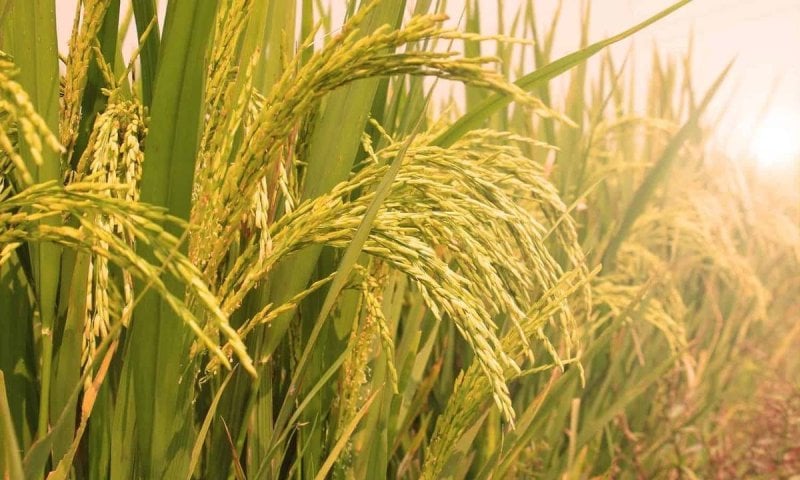Tags
EU implements laws to protect its rice industry
Erects barrier for Indian basmati players, hikes security deposits for consignments entering the union.
BY SUBRAMANI RA MANCOMBU

A branded basmati player from India planning to set up a mill in the EU to avail of the zero import duty concession will have to wait until when basmati rice gets protected PGI from the EU — the application has been pending since July 2018
The European Union (EU) has brought into force a set of laws that will protect its domestic rice industry even as it negotiates signing a free trade agreement (FTA) with India. Following the European Commission’s proposals to the EU Council to come up with a slew of measures to protect domestic industry players, the European Commission issued a notification implementing the laws.
According to S Chandrasekaran, a GI expert who has authored the book “Basmati Rice: The Natural History Geographical Indication”, the laws have been passed when the EU is preparing a Geographical Indicator (GI) tag for Indian basmati rice besides signing an FTA with New Delhi.
Import licence curbs
“India will now have to take up the issue while negotiating the FTA. Or else, it will stand to lose, particularly in the rice sector,” he said.
The EU proposals include changing the regulations for milling and selling basmati rice, increasing security deposit, electronic invoicing, e-authentication, and online consumer protection. One of the proposals erects a barrier to any new basmati player who has to obtain an import licence after acquiring two years of experience in rice.
European millers mainly import husked basmati rice, and over the past two decades, the European rice milling industry and brands have consolidated. Two major European players who will likely benefit from these are Spanish firm Ebro Foods, which owns the premium basmati rice brand Tilda, and Italian firm Euricom.
EU industry’s fear
This will mean a branded basmati player from India planning to set up a mill in the EU to avail of the zero import duty concession will have to wait until basmati rice gets protected GI (PGI) from the EU — the application has been pending since July 2018.
An Indian firm buying a rice mill in Europe will lose its market and margin in view of the two-year mandatory waiting period. The EU has also banned transferring import licences among traders. “Even if an Indian company technically takes over an experienced trading company, its experience is under question. The transfer ban is a preventive clause to ensure that Article 4 is not circumvented,” said Chandrasekaran.
The laws seem to have been enforced since the European industry fears that leading Indian brands will dent it once the EU signs an FTA with India and PGI for the fragrant rice is granted. The two-year gestation period is a primary protection for European basmati players.
Raising risks for exporters
“The European Commission’s move is to preserve the status quo of local players and brands in the mainland Europe basmati market. This signals the serious intent of the European Commission in protecting its domestic interests, which also indicates the gaps and vulnerability,” the GI expert said. “India should focus on FTA negotiations taking into view the overall national interest instead of commercial ones,” said Chandrasekaran.
The new regulation has increased the security deposit for any consignments entering the EU from €30 per tonne to €70. This increases the risk of exporters in the sub-continent losing money in case of a forfeiture. The risk will likely increase from 2025 when the EU will be digitising even non-customs formalities of shipments. The forfeiture may be for any adulteration or basmati rice being wrongly authenticated.
The EU will digitise the whole process. This will bring in traceability of rice right from the farm where it is cultivated. This will create problems for any basmati variety grown in non-recognised areas. With the decision to digitise, the EU may now deny market share to basmati grown in Madhya Pradesh, which is not recognised as a region in the GI tag granted for the fragmented rice, said Chandrasekaran.
https://www.thehindubusinessline.com/economy/agri-business/eu-implements-laws-to-protect-its-rice-industry/article67702273.ecePublished Date: January 3, 2024






